About our Department
Our research
Rijndam rehabilitation is an important contributing partner for the department in terms of patient recruitment in trials and registries. Further Rijndam is a clinical test center for innovations in care in a Living Labs test environment. The applied research conducted herein focuses on the Technology Readiness Levels 5-9. Rehabilitation Center LIBRA, located both in Tilburg and Eindhoven, also partners in research with our department with a joined catchment area of Rijndam 5 to 6 million subjects. Acquired brain injury, spinal cord injury and pediatric rehabilitation are main clinical topics in these research collaboration.
The presence of the technical University of Delft offers a unique opportunity to collaborate in technical innovations in rehabilitation. In the Medical Delta, a collaboration with the TU Delft and Leiden University MC, the department has leadership in the program management of the “Improving Mobility with Technology” theme and participates in the E-Health theme. Innovative rehabilitation technology is an important focus of the department.
Further, the department’s expertise is relevant for clinical partners such as Xpert Clinic & Handtherapy Netherlands (modelling recovery in a PROMs database of over 60.000 subjects) and Capri Cardiac Rehabilitation (improving physical fitness).
For an overview of our scientific work, please see our Bi-Annual Scientific Report over the years 2021-2022: https://www.erasmusmc.review/
Principal Investigators
-
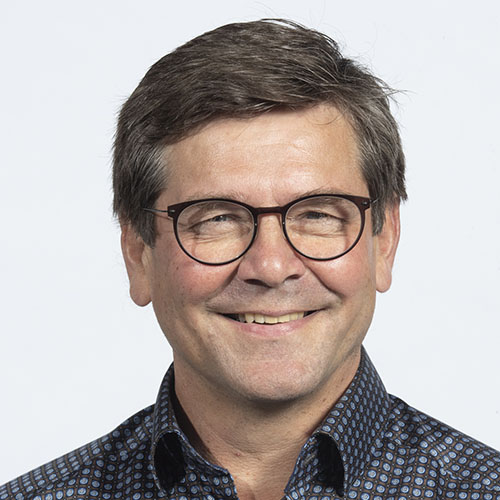
G.M. (Gerard) Ribbers, PhD
Head of Department
-
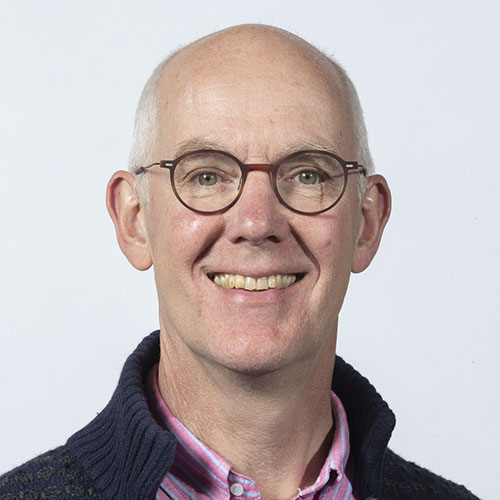
J.B.J. (Hans) Bussmann, PhD
Senior researcher, Associate Professor
-
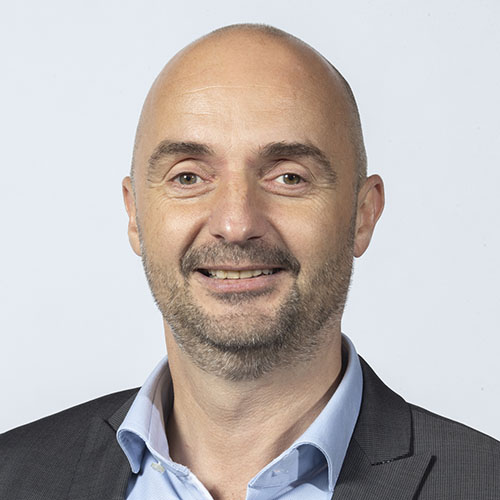
R.W. (Ruud) Selles, PhD
Professor
-
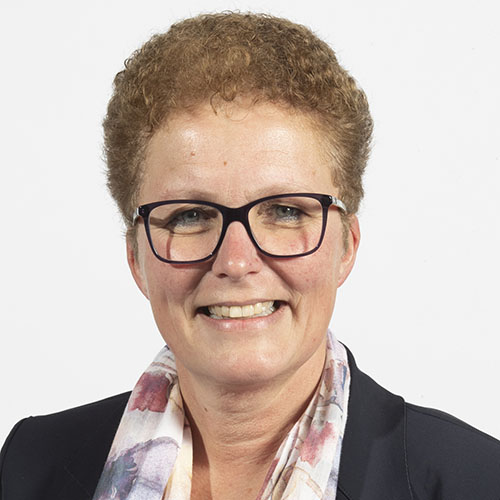
R. (Rita) van den Berg-Emons
Associate Professor
-
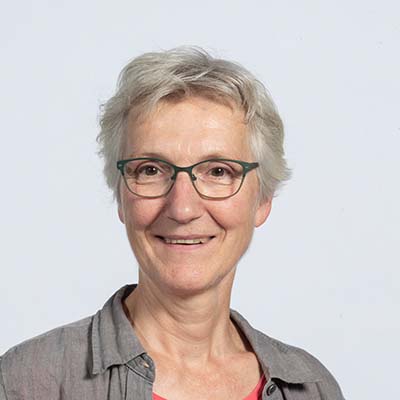
M.E. (Marij) Roebroeck, PhD
Associate Professor
-
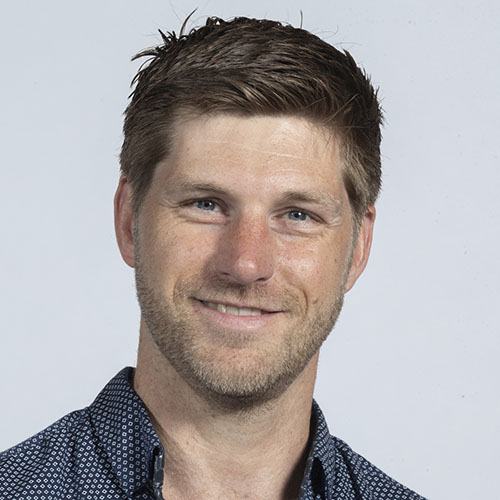
B. (Bram) Onneweer, PhD
Postdoctoral researcher / Coordinator Rijndam Living Lab
-
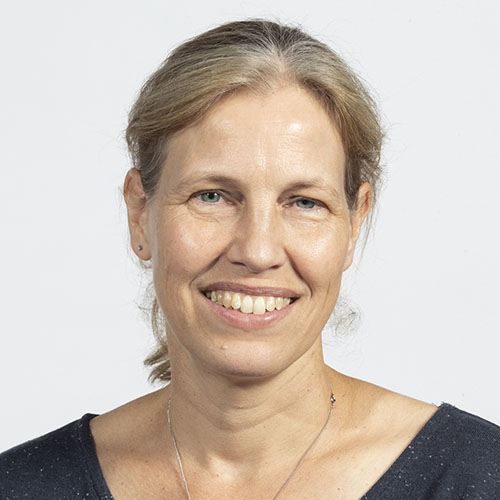
M.H. (Majanka) Heijenbrok-Kal, PhD
Senior researcher
-
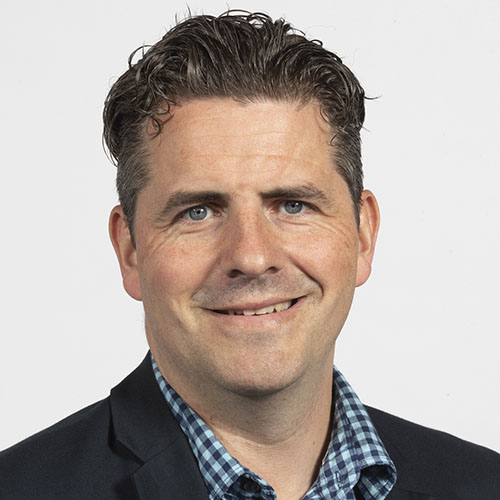
E. (Erik) Grauwmeijer, PhD
Researcher
-
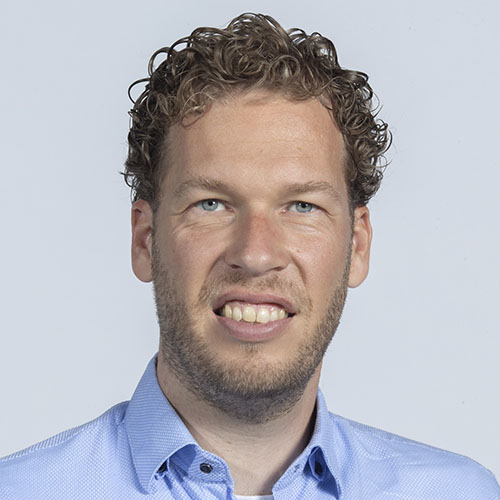
R. (Rutger) Osterthun, PhD
Postdoc researcher
-
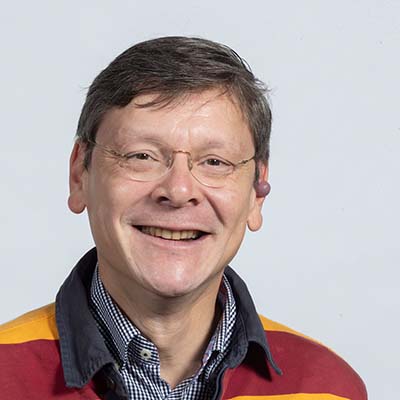
R.F. (Robert) Pangalila, PhD
Investigator
-
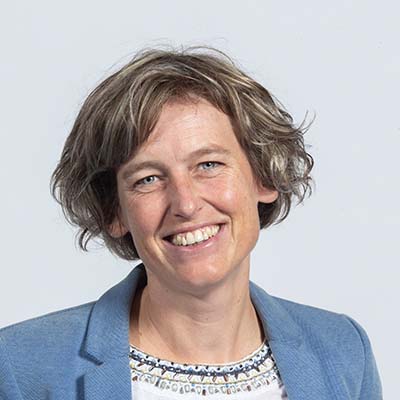
A.C. (Ineke) van der Meulen, PhD
senior researcher
-
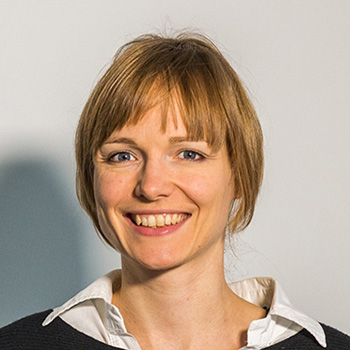
Dr. Ing. H. (Heike) Vallery
-
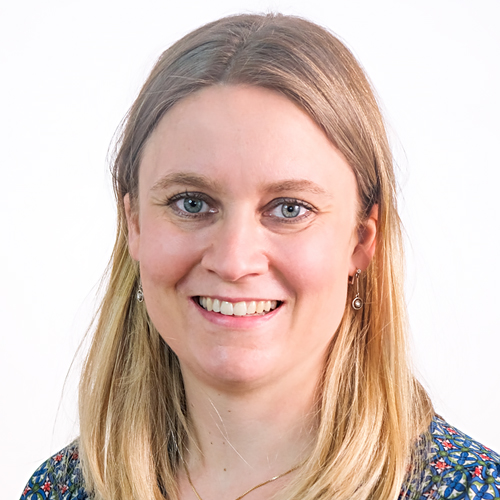
N. (Nienke) ter Hoeve
Assistant Professor
-
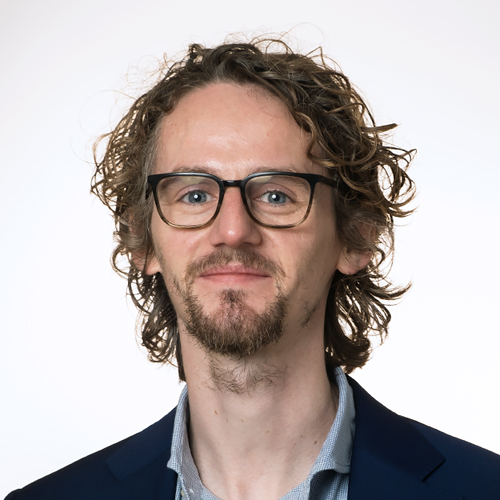
R.M. (Robbert) Wouters, PhD
Assistant Professor
-
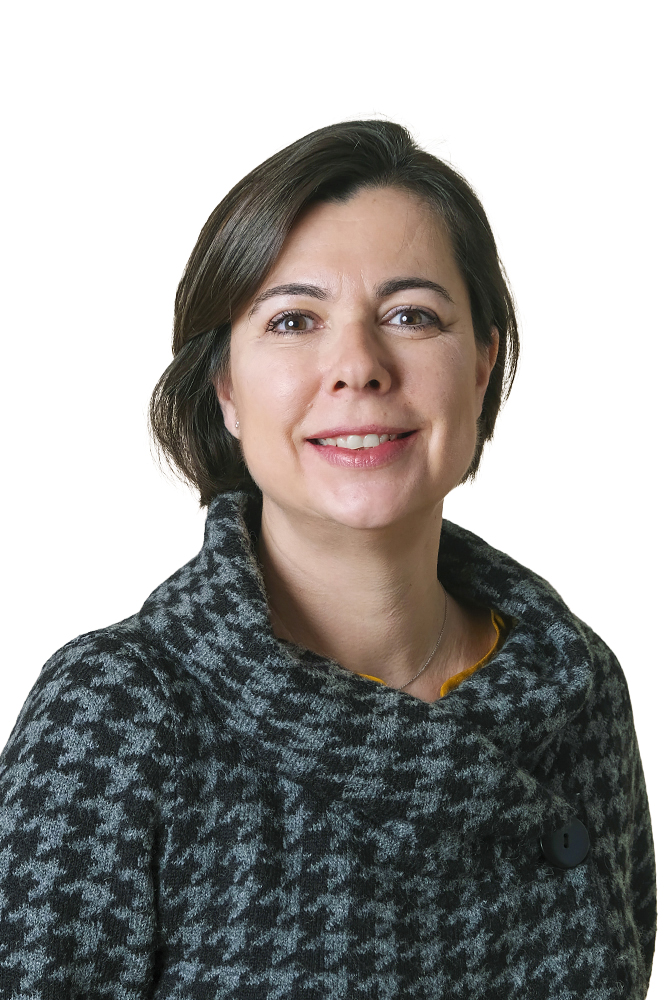
Dr. Ing. L. (Laura) Marchal Crespo
Research Lines
Health-related physical fitness and lifestyle
To build on knowledge regarding health-related physical fitness and lifestyle, we perform research in several patient groups, both ambulatory and wheelchair-dependent and focus on several constructs of health-related physical fitness -such as aerobic capacity, muscle strength, body composition- and on physical behaviour, nutrition, and sleep. We study associations with mobility, participation, quality of life, and health. To understand underlying mechanisms, we include parameters such as exercise self-efficacy, motivation, coping style, and social support. To evaluate the (cost-)effectiveness of fitness programs and lifestyle interventions, we perform pragmatic (randomized) controlled trials, with a focus on maintenance of effects.
Physical behaviour monitoring in chronic conditions
Physical behaviour can be defined as “what people physically do in their daily life” and includes, for example, physical activity, body postures and movements, arm use, sedentary behaviour and sleep. Physical behaviour is often affected in people with chronic conditions, such as stroke and spinal cord injury. This is related to poor fitness and health, fatigue, pain, and lower levels of functioning, participation and quality of life. Technology (e.g. wearables, such as accelerometers) offers the opportunity to measure physical behaviour in a feasible and valid way, by prolonged unsupervised measurements during daily life. Data from these measurements can be used for diagnosis, optimizing or tailoring treatment, monitoring progress and recovery, evaluating treatment, and for being part of treatment by providing direct feedback.
Innovative Rehabilitation Technology
The aim is to develop technology and protocols to better understand the the consequences of disorders of the nervous or locomotor systems and to create technology either assistive or therapeutic to promote high intensity and unsupervised training. Technology can assist and/or challenge the patient in improving his performance by increasing intensity and quality of practice and compensating for function loss. The TU delft is an important partner as well as Rijndam rehabilitation as a clinical test center.
Data-driven precision rehabilitation
Clinical data are often collected in an unstructured way in electronic patients files and as such they are difficult to access for the purpose of quantitative research. Moreover, patient-reported outcome measures are rarely systematically collected and, if so, traditionally collected on paper. In a collaboration with the Departments of Plastic Surgery, Public Health and Rehabilitation Medicine of the Erasmus MC and with the Xpert Clinic, GemsTracker was developed as an open source webbased application to assign measurement tracks to patients. We have the ambition to be leading in data-drive precision medicine for stroke, traumatic brain injury, spinal cord injury, and upper extremity disorders based on the unified vision on data collection and data science.
Comparative effectiveness research with observational data using techniques such as propensity score matching can be used to evaluate the effect of variability while controlling for case-mix. This approach can speed up the cycle of medical innovation and reduce research costs. Routine outcome data of large patient groups collected in a daily clinical setting is suited for clinical prediction modeling in studying determinants of diseases, disease progression and treatment outcomes. Amongst others, we collaborate with Prof Rizopoulos and Dr Andrinopoulou of Biostatistics Erasmus MC to apply the modern concept of dynamic prediction modeling and of joint modeling to our data sets.
Projects
For our projects see the Bi-Annual Scientific Report over the years 2019-2020: https://www.erasmusmc.review/
Publications
Vacancies
Rehabilitation medicine aims to enhance and restore functional ability after injury to the brain, peripheral nervous system and locomotor system. As such the department collaborates in research with many departments such as neuroscience (motor learning in stroke), neurology (aphasia, long term outcome of subarachnoid haemorrhage and stroke), neurosurgery and neuro oncology (cognition in patients with low grade glioma, TBI registry), plastic surgery (predicting and improving outcome after hand surgery), cardiology (fitness after myocardial infarction), and biostatistics (prediction modelling). This network is strengthened by being involved in the ACEs Brain Motion (motor learning), Health Care Quality (Value Based Health Care and data science) and Stroke. The presence of the technical University of Delft offers a unique opportunity to collaborate in technical innovations in rehabilitation with Rijndam as clinical test centre.
Science is a team effort and diversity of the scientific staff is considered essential for its viability and innovative capacity. We aim for a mix in terms educational background, age and clinical knowledge. The scientific staff is composed of movement scientists, clinical researchers (one on neurorehabilitation, one on pediatric rehabilitation and one on spinal cord injury and a clinical linguist), an engineer and a clinical epidemiologist. Post docs and PhD students are represented in the scientific staff through a “linking pin construction” and “meet- the-professor sessions”. Talent management from junior to senior staff members is a priority.








